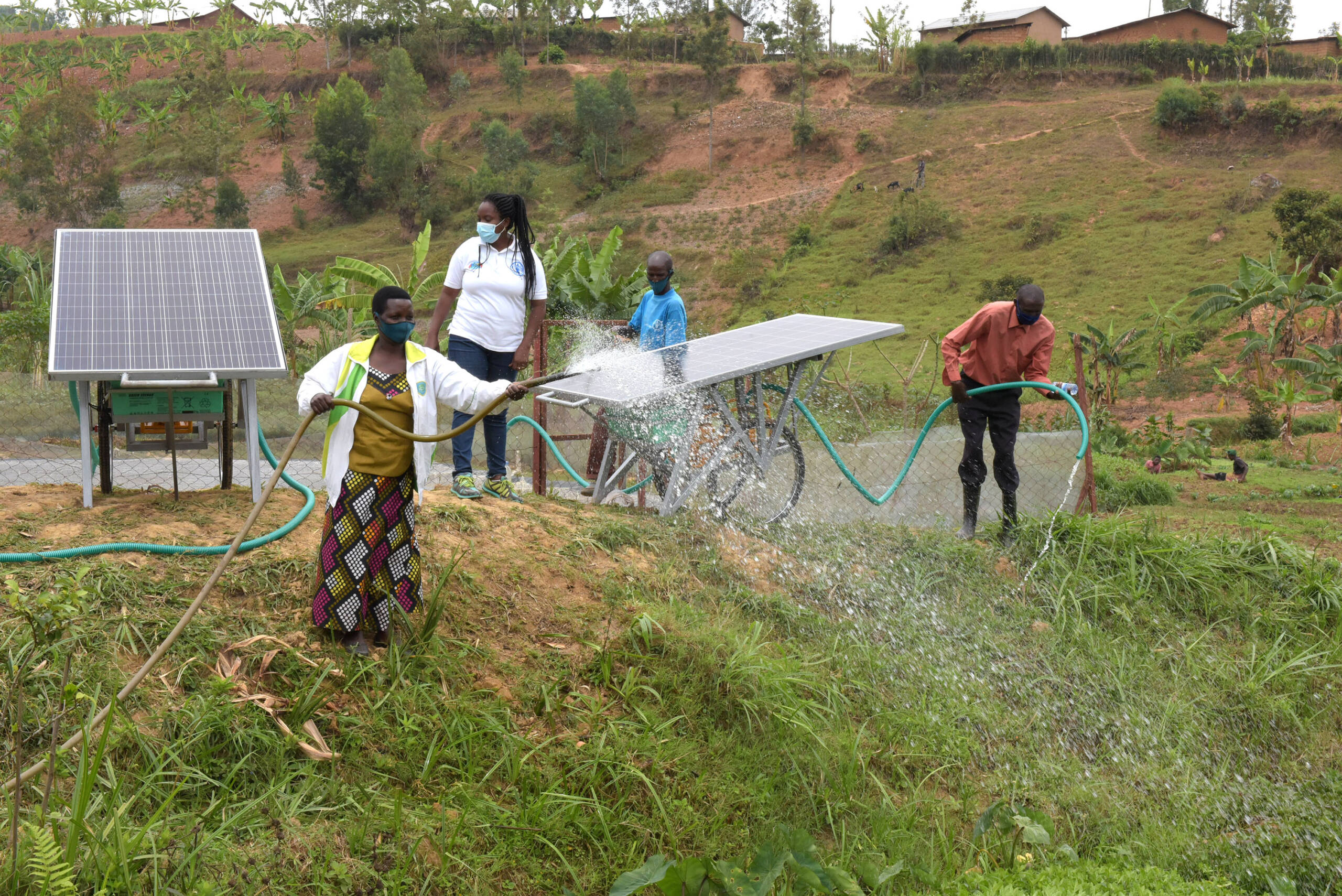As the world grapples with the urgency of climate action, the Food and Agriculture Organization of the United Nations (FAO) will highlight at the upcoming UN Climate Change Conference COP28 the unique potential of agrifood systems as the linchpin for sustainable solutions.
Investing in agrifood systems and rural areas creates the concrete solution to address the impacts
Director-General QU Dongyu will lead the FAO delegation at the global event, which takes place this year at the Expo City Dubai, in the United Arab Emirates, from 30 November to 12 December, and expects the attendance of over 65,000 people, including the member states (of Parties) of the UN Framework Convention on Climate Change (UNFCCC), around 150 world leaders, private sector, young people, climate scientists, Indigenous Peoples, journalists and various influencing climate action advocates such as Pope Francis and King Charles.
“The climate and food crises are inseparable. Investing in agrifood systems and rural areas creates the concrete solution to address the impacts of the climate crisis. At COP28 FAO will systematically highlight how agrifood systems transformation accelerates climate action to the benefit of people, prosperity and the planet”, QU said.

COP28 will also see the conclusion of the first-ever global stocktake, a process done by countries
Discussion and negotiations this year are set to cover critical work streams, aiming to make substantial progress on key issues. One is finalizing the details of the loss and damage finance facility agreed to be established at COP27 to aid vulnerable communities at the forefront of the impacts—including farmers— in dealing with immediate climate impacts. Another imperative goal is advancing towards a global finance objective to support developing countries in their climate change mitigation and adaptation efforts. Accelerating both an energy transition and a just transition, as well as addressing the emissions gap, are also critical areas that will be under consideration, among others.
COP28 will also see the conclusion of the first-ever global stocktake, a process done by countries and stakeholders to evaluate where the progress is stagnating (or not) towards meeting the goals of the Paris Agreement. The process will end with a decision, which is expected to be leveraged to accelerate ambition in the next round of climate action plans (Nationally Determined Contributions) due in 2025 something that FAO has been supporting countries with.
Source: Food and Agriculture Organization (FAO)








